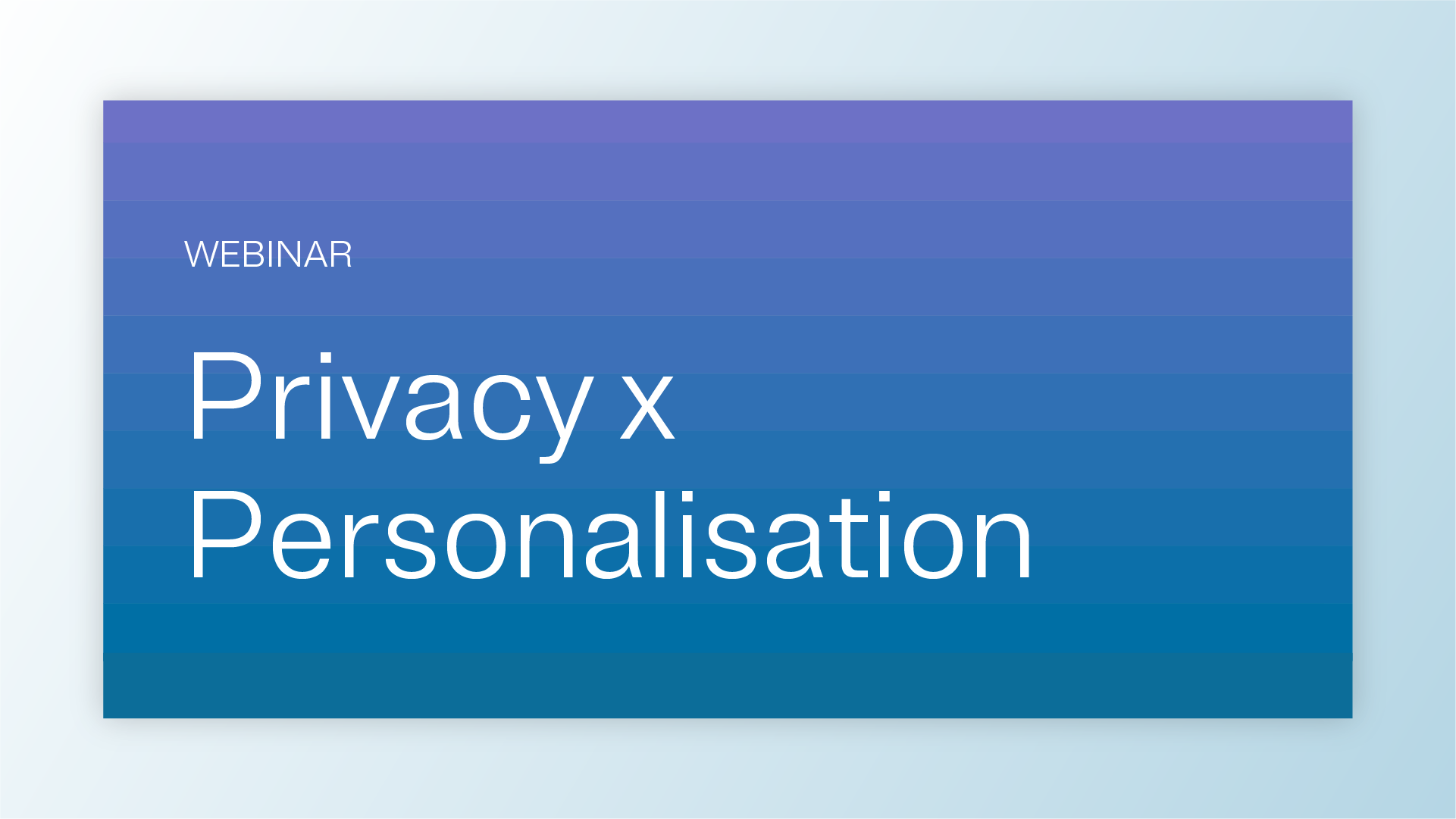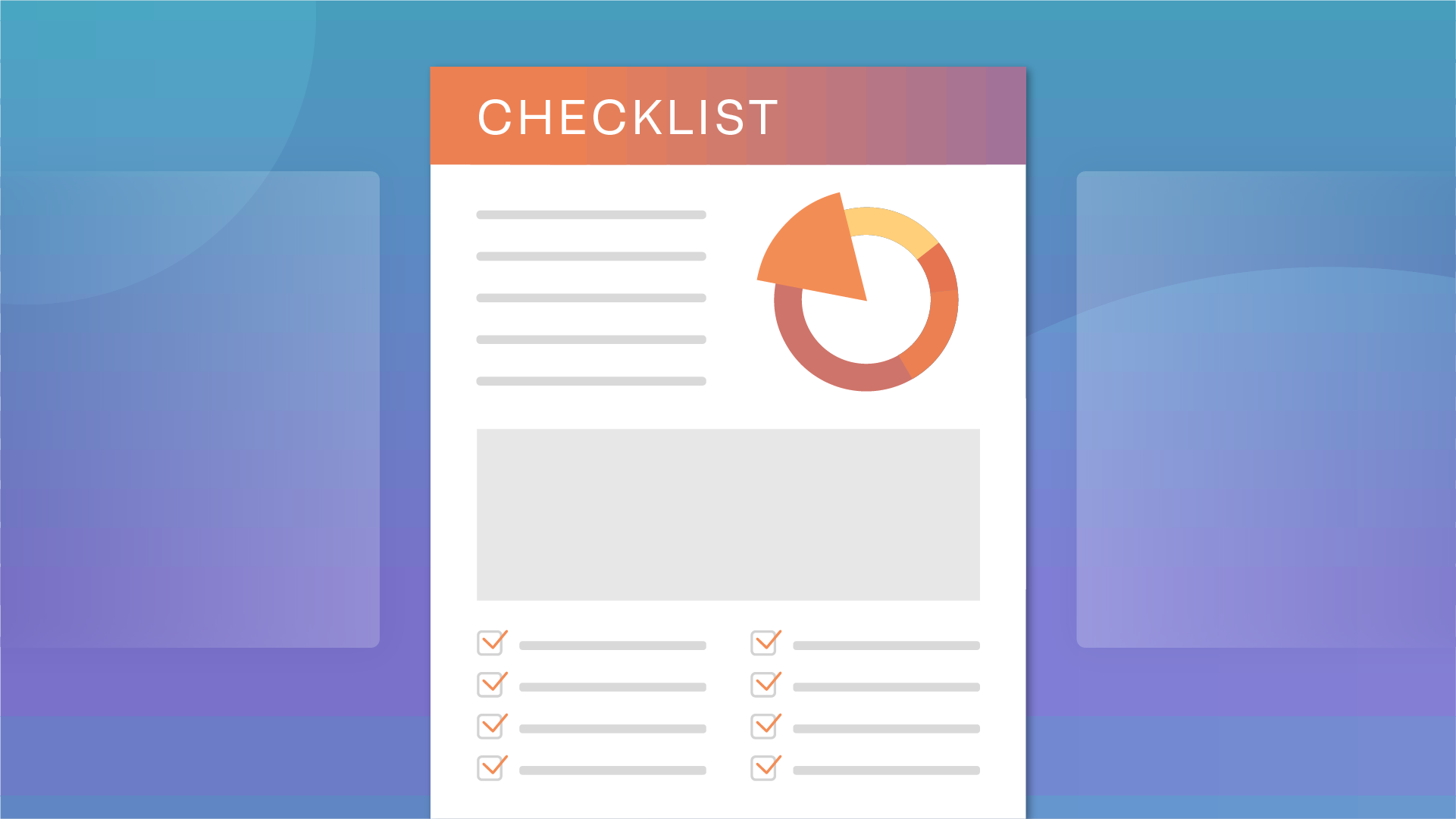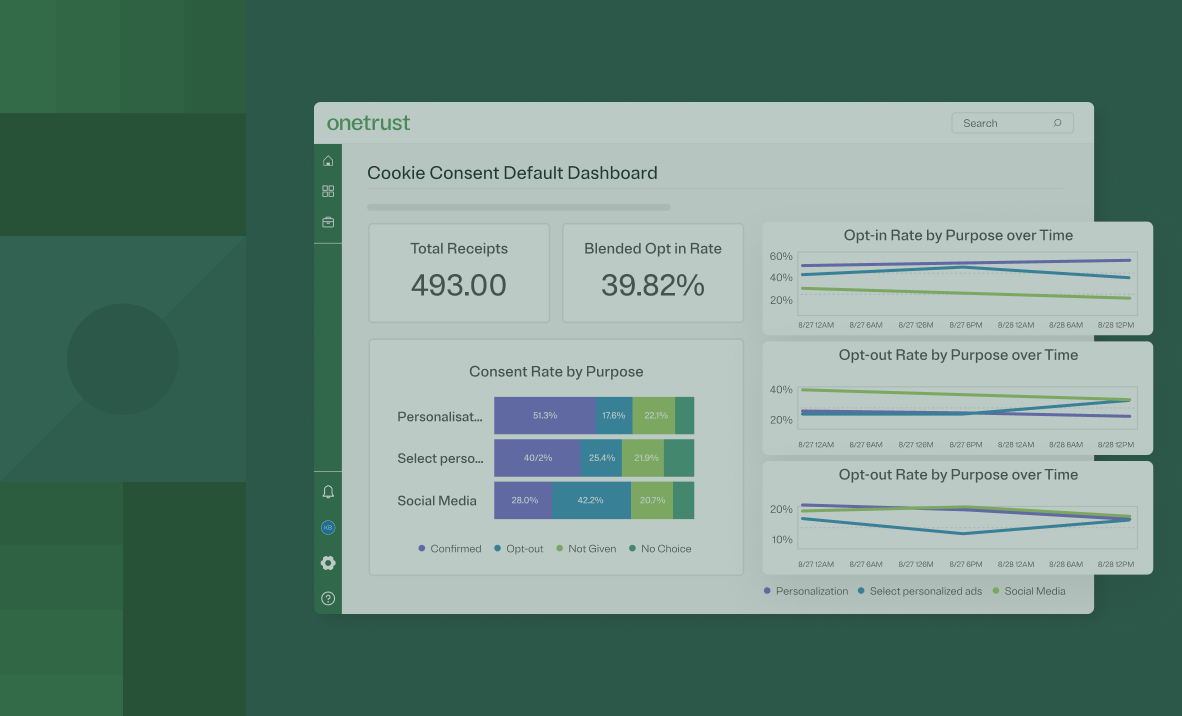Moreover, the selection of media channels and Key Performance Indicators (KPIs) is undergoing a drastic change. Over three-fourths of industry professionals report that their choice of media channels and the metrics they use to measure success are now being heavily influenced by privacy considerations. This shift is not just about adapting to new rules; it’s about finding new ways to measure and achieve success in a landscape where the old signals no longer apply.
Let’s not overlook the importance of technology in this transition. Privacy-preserving technologies are becoming a cornerstone of modern digital advertising strategies. These tools allow companies to analyze consumer behavior and campaign performance without compromising individual privacy. Awareness of Privacy Sandbox, for example, is high, with over 80% of industry professionals familiar with the initiative, although less than 60% are currently utilizing or planning to use it this year.
The Privacy-by-Design approach is also pushing companies to rethink their ad spending. With increased scrutiny on how data is used and shared, there’s a noticeable pivot towards channels that offer more control over data and privacy. This includes a shift towards more direct deals and programmatic direct channels, which are perceived as offering greater transparency and reduced privacy risk.
In summary, the Privacy-by-Design ecosystem is reshaping the digital advertising industry in profound ways. It's encouraging a more ethical approach to data use, fostering innovation in privacy-centric technologies, and ultimately, helping companies build trust with their audiences. This evolution, while challenging, is a crucial step towards a more sustainable and consumer-friendly advertising landscape.
7 steps to enable marketing operations with Privacy by Design
1. Embed Privacy from the start
Privacy considerations should be integral from the initial phase of any project or business operation. By embedding these principles early, businesses can proactively address potential privacy issues, ensuring smoother regulatory navigation and fostering consumer trust.
2. Develop a privacy-first work culture
Promote privacy as a core value across all levels of your organization. Educating every employee about the importance of privacy and data protection not only aligns with legal obligations but also enhances overall business ethics and customer relationships.
3. Evaluate the impact of privacy investments
Carefully assess the outcomes of investments in privacy measures. Consider both direct benefits, like compliance with regulations, and indirect benefits, such as enhanced brand loyalty and consumer trust, to measure the true return on these investments.
4. Strengthen capabilities through training and hiring
Continuously develop the privacy skills of your current workforce and consider bringing in external experts to fill gaps. This dual approach ensures that your team stays ahead of the curve in privacy knowledge and practices.
5. Prioritize data quality and minimization
Adopt stringent practices for data collection and management that focus on gathering only essential information. This not only complies with tightening regulations but also reduces the risk of data breaches and increases the operational efficiency of handling data.
6. Innovate with privacy-enhancing technologies (PETs)
Invest in technologies that protect consumer privacy while still allowing you to glean valuable insights from the data. Technologies such as synthetic data and differential privacy can be game changers in how data is processed and utilized.
7. Adopt ethical AI practices
Utilize AI and machine learning technologies ethically to ensure they respect user privacy and maintain transparency. Establish guidelines for the responsible use of AI, emphasizing accountability and consumer rights protection in data-driven decision-making.
By focusing on these recommendations, companies can navigate the complexities of the privacy-by-design ecosystem more effectively. The journey towards a more privacy-focused business model is not just a regulatory requirement but a strategic shift that can lead to greater trust and loyalty from consumers, ultimately driving long-term success in the digital economy.
For more information on how OneTrust can help your organization drive marketing success while adapting to the latest privacy regulations, request a demo today.































